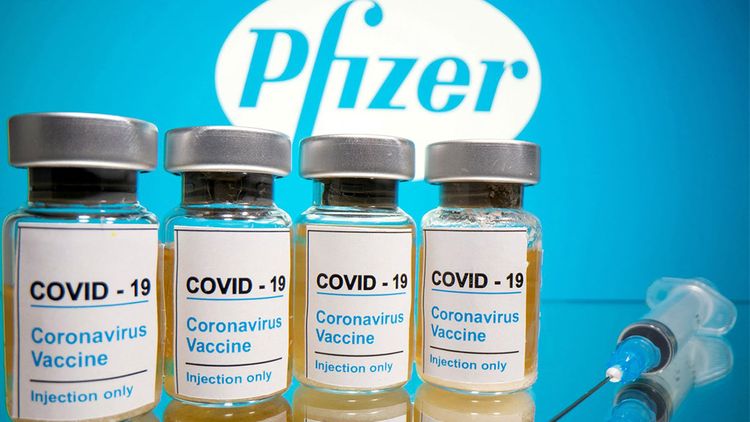According to Pfizer CEO, Albert Bourla, people may need a third dose of Covid-19 vaccine within a year of getting fully vaccinated and may subsequently need annual shots to protect against the coronavirus.
“A likely scenario is that there will be likely a need for a third dose, somewhere between six and 12 months and then from there, there will be an annual revaccination,” Pfizer CEO Albert Bourla told CNBC.
Bourla said the third dose would be necessary to combat coronavirus variants.
“It is extremely important to suppress the pool of people that can be susceptible to the virus,” Bourla explained. “The fact that there are people that are protected, this is what creates the new variants.”
Bourla added some diseases, like polio, only require one vaccine dose whereas the flu requires a shot every year.
Read also: AstraZeneca Vaccine still off Limits for Norway’s Health Authorities
“The COVID virus looks more like the influenza virus, than the polio virus. The duration of immunity was unknown until yesterday,” Bourla said in the interview recorded on April 1.
Pfizer and BioNTech said this month that data from clinical trials suggest that their vaccine offers high levels of protection six months after the second dose, with no serious safety concerns. The vaccine was also found to be effective against several known coronavirus variants, including one that was first reported in the U.K. and another that was thought to have emerged in South Africa.
Moderna is similarly studying an upgraded version of its Covid-19 vaccine that is specifically designed to target the South African variant, which some experts worried may evade existing vaccines.

